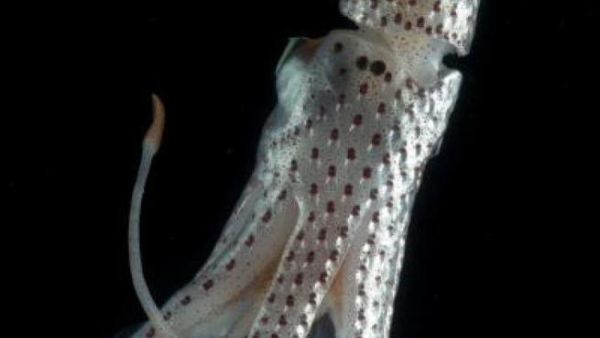Boffins in Abu Dhabi are studying sea squid in the hope that their secrets could help to create new ultra-lightweight mobile phones.
The research is being carried out by Siddharth Tampi at the Masdar Institute. Tampi is trying to mimic how a squid changes its colour and shape with the aim of creating new materials to be used for mobile phones, music players and other electronic devices. He is hoping the research will lead to phones that can be folded or rolled up like a piece of paper.
“Once we unlock the structure of how the squid does it, we will try to mimic it using nanotechnology,” he said.
Previous research has shown that squid can instantly change the shape, colour and even texture of their skin to camouflage themselves from predators. By analysing how the squid does this, Tampi hopes to create four different tiny layers of material that mimic a squid’s camouflage.
The top layer of nano-material will be tough but flexible, followed by a layer that controls its colour, then a layer that allows it to change shape and a layer that controls the light emitted from the device. It if works, the technology could allow a lightweight mobile phone to change structure, shape and rigidity.
While his experimentation is in the early stages, Tampi, originally from Kerala, India, says that progress is very promising. “We are the only ones anywhere in the world, outside of the military, who are experimenting with this technology. I want to use it for civilian use and it’s very exciting to be working on something this important,” he said.
He was speaking at a Masdar open day yesterday for prospective students.
Do you think Tampi is onto something with his sea squid research? Leave us your comments below!








